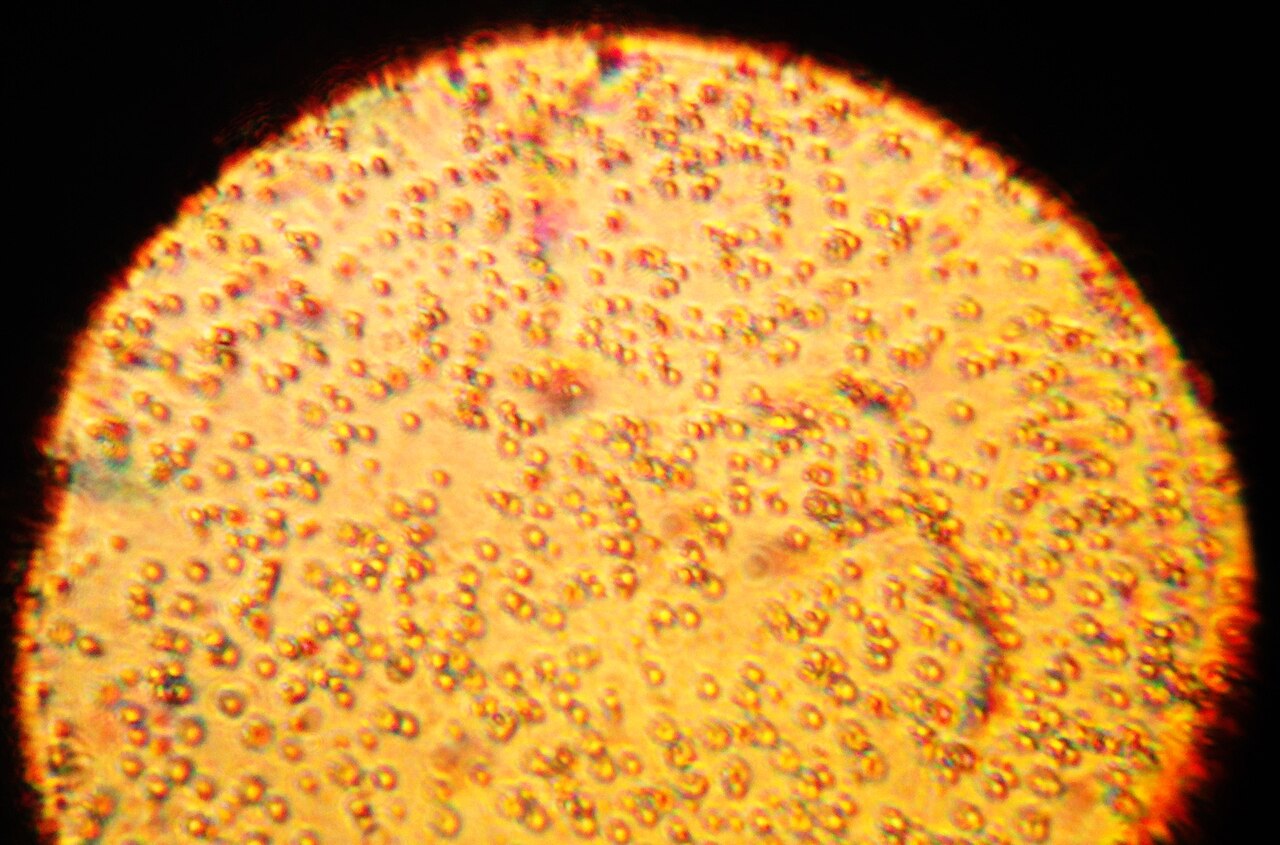As the world celebrated World Milk Day on 1st of June this month, scientific discourse turns toward milk’s evolving role beyond nutrition – as a modulator of gut microbiota and a potential cornerstone of precision nutrition.
While milk has traditionally been consumed for its macro- and micronutrient content, recent evidence suggests it also functions as a biologically active matrix capable of shaping the gut microbial landscape.
Across species – from bovine to caprine and ovine – milk’s composition varies in ways that influence microbial ecology, host metabolism, and systemic health outcomes.
Bovine milk remains the most widely studied and consumed form of dairy. Its consistent intake has been correlated with increases in beneficial gut microbiota, including Lactobacillus and Bifidobacterium, genera renowned for their probiotic functions and roles in immune modulation and digestive health (Aslam et al., 2020; Chen et al., 2025).
The fermentable substrates in cow’s milk, particularly oligosaccharides and lactose, serve as prebiotic agents that foster the expansion of these beneficial microbes. Comparative studies have further shown that consumption of unpasteurized cow milk is associated with a higher relative abundance of Lactobacillus, highlighting the impact of thermal processing on milk’s microbiological properties (Butler et al., 2020).
Notably, sheep milk has garnered scientific attention for its distinct physicochemical attributes, such as elevated levels of solids, fat, and essential micronutrients, which provide a richer substrate for microbial fermentation.
Ahlborn et al. (2020) demonstrated that in vitro fermentation of sheep and cow milk using infant fecal bacteria resulted in differential microbial community shifts. Sheep milk supported robust proliferation of Bifidobacterium and Lactobacillus, underscoring its capacity to support gut microbial diversity. Furthermore, Chen et al. (2020) isolated functional probiotic strains from Hu sheep milk with potent antimicrobial activity and gastrointestinal resilience, suggesting sheep milk as a reservoir of next-generation probiotics.
The functional implications of goat milk are equally compelling. Delgadillo-Puga et al. (2020) observed that incorporating goat milk into high-fat diets mitigated obesity, hepatic steatosis, and insulin resistance in murine models. These outcomes were mechanistically linked to increased skeletal muscle mitochondrial biogenesis and reduced pro-inflammatory markers.
Moreover, goat milk effectively delivers viable probiotics while enhancing product palatability and sensory acceptance, as demonstrated by Ranadheera et al. (2019). Such characteristics elevate goat milk’s candidacy in functional food development aimed at metabolic and gut health.
The role of fermentation further amplifies the probiotic potential of dairy. Koirala et al. (2024) and Rettedal et al. (2019) provided evidence that both fermented cow and sheep milk positively modulate gut microbiota, with increased abundance of commensal bacteria and reduction in pathogenic taxa. These findings illuminate fermentation not merely as a preservation method but as a microbiome-enhancing process with profound implications for human health.
In conclusion, milk’s interaction with the gut microbiota is both species- and process-dependent. Bovine, sheep, and goat milks each exert distinct selective pressures on the gut ecosystem, influenced by their unique compositional matrices and fermentation status.
The burgeoning field of dairy microbiomics offers a promising avenue for dietary interventions tailored to individual microbial profiles, potentially revolutionizing the way we perceive milk as food and as a functional modulator of the human microbiome.
References:
Ahlborn, N., Young, W., Mullaney, J., & Samuelsson, L. M. (2020). In Vitro Fermentation of Sheep and Cow Milk Using Infant Fecal Bacteria. Nutrients, 12(6), 1802. https://doi.org/10.3390/nu12061802
Aslam, H., Marx, W., Rocks, T., Loughman, A., Chandrasekaran, V., Ruusunen, A., Dawson, S., West, M., Mullarkey, E., Pasco, J., & Jacka, F. (2020). The effects of dairy and dairy derivatives on the gut microbiota: a systematic literature review. Gut Microbes, 12. https://doi.org/10.1080/19490976.2020.1799533
Butler, M., Bastiaanssen, T., Long-Smith, C., Berding, K., Morkl, S., Cusack, A., Strain, C., Busca, K., Porteous-Allen, P., Claesson, M., Stanton, C., Cryan, J., Allen, D., & Dinan, T. (2020). Recipe for a Healthy Gut: Intake of Unpasteurised Milk Is Associated with Increased Lactobacillus Abundance in the Human Gut Microbiome. Nutrients, 12. https://doi.org/10.3390/nu12051468
Chen, E., Ajami, N. J., White, D. L., Liu, Y., Gurwara, S., Hoffman, K., Graham, D. Y., El-Serag, H. B., Petrosino, J. F., & Jiao, L. (2025). Dairy Consumption and the Colonic Mucosa-Associated Gut Microbiota in Humans—A Preliminary Investigation. Nutrients, 17(3), 567. https://doi.org/10.3390/nu17030567
Chen, T., Wang, L., Li, Q., Zhang, H., Liu, Y., & Wang, Y. (2020). Functional probiotics of lactic acid bacteria from Hu sheep milk. BMC Microbiology, 20, 228. https://doi.org/10.1186/s12866-020-01920-6
Delgadillo-Puga, C., Noriega, L., Morales-Romero, A., Nieto-Camacho, A., Granados-Portillo, O., Rodriguez-López, L., Alemán, G., Furuzawa-Carballeda, J., Tovar, A., Cisneros-Zevallos, L., & Torre-Villalvazo, I. (2020). Goat’s Milk Intake Prevents Obesity, Hepatic Steatosis and Insulin Resistance in Mice Fed A High-Fat Diet by Reducing Inflammatory Markers and Increasing Energy Expenditure and Mitochondrial Content in Skeletal Muscle. International Journal of Molecular Sciences, 21. https://doi.org/10.3390/ijms21155530
Koirala, P., Malav, O. P., Rai, S., Palanisamy, G., Agrawal, A., Dhar, B. K., Bekhit, A. A.-D., Deokar, G. S., & Nirmal, N. (2024). Impact of non-bovine milks and milk products on human gut microbiota: A perspective towards sustainable healthy food production. Trends in Food Science & Technology, 151, 104642. https://doi.org/10.1016/j.tifs.2024.104642
Ranadheera, C., Evans, C., Baines, S., Balthazar, C., Cruz, A., Esmerino, E., Freitas, M., Pimentel, T., Wittwer, A., Naumovski, N., Graça, J., Sant’Ana, A., Ajlouni, S., & Vasiljevic, T. (2019). Probiotics in Goat Milk Products: Delivery Capacity and Ability to Improve Sensory Attributes. Comprehensive Reviews in Food Science and Food Safety, 18(4), 867-882. https://doi.org/10.1111/1541-4337.12447
Rettedal, E., Altermann, E., Roy, N., & Dalziel, J. (2019). The Effects of Unfermented and Fermented Cow and Sheep Milk on the Gut Microbiota. Frontiers in Microbiology, 10. https://doi.org/10.3389/fmicb.2019.00458

